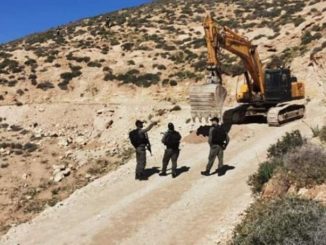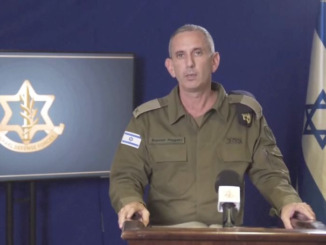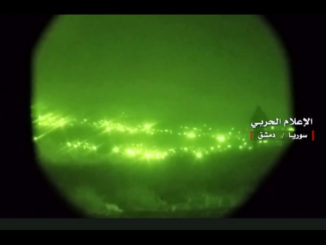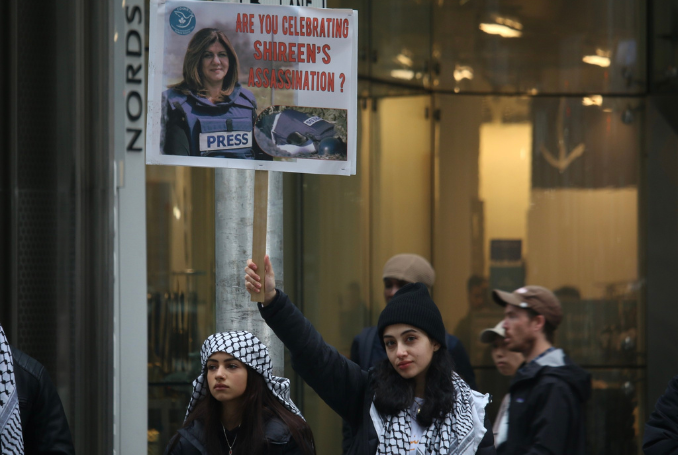
There’s a new report out. And it’s troubling. Very.
Authored by Sheryl Nestel and Rowan Gaudet of Independent Jewish Voices (IJV) Canada, “Unveiling the Chilly Climate: The Suppression of Speech on Palestine in Canada” offers a harrowing window into what pro-Palestinian voices, from students to activists to educators, are being forced to endure in Canada—in virtue of being such voices.
Ethnographic in scope and character (highlighting, through first-person accounts, various lived experiences in several Canadian provinces), the report makes clear: those who stand up for Palestine or express any kind of solidarity with it, including but not limited to calling for the end of Israeli apartheid oppressing Palestine, are being abused.
I use that word carefully and indeed believe it is the appropriate one. For the report, the first of its kind, illuminates the unnecessary threats, cruelty, humiliation, harassment, and emotional violence — criminality essentially — that attends being pro-Palestinian in Canada. In this so-called “democratic” country being pro-Palestinian means you do not simply run the risk of being criticized (not so bad in so far as that can help us revisit our potentially erroneous actions and behaviors).
It means you can very well be harmed for it in ways that are injurious to you personally, socially, and professionally. To boot institutions that are supposed to protect you from that, such as educational or governmental (tell me the public they “care” for human rights and observe anti-discrimination policy and legislation), will not.
They will leave you out to dry and, as the report illustrates, side with the oppressor: pro-Israeli ideologues, wholly intolerant of the mere idea of justice for Palestine.
The case of one Jewish academic, who participated in the report, makes this clear:
“I brought a motion to my union local which, if it had passed, would have gone to our provincial AGM and asked them to create a committee that would look at ways of supporting BDS. A member leaked an advanced notice of the motions to B’nai Brith, which then triggered a national media circus that in turn led the [school] board to put me on ‘home assignment,’ bar me from school property, and conduct an investigation into my classroom activities and comments. All of my students were interviewed and asked if I had ever said anything problematic in class. After 17 days, I was absolved of wrongdoing and returned to work.”
Especially on the heels of the report, it is disingenuous to keep framing criticism of Israel as “antisemitic.” Not only because this is false but because of what obscures or leaves altogether outside discussion: the punitive targeting of non-Zionist Jews for expressing solidarity with Palestine.
Drawing attention to this largely (in mainstream discourse) under-discussed reality, one Jewish professor shares in the report:
“Members of the institutional Jewish community have attempted to get me fired (but I had tenure) and/or reprimanded and/or my activities on behalf of the Palestinian cause curtailed. They warned my university administration that the university was becoming known as ‘the antisemitic university’ because of my activities.”
Whether against Jews or non-Jews, abuse for supporting Palestine is fundamentally a human rights issue. In this context specifically, it does not matter that Israel happens to be or rather identifies as a “Jewish state”, “takes exception” to claims that it is violating international humanitarian law (which it is), or that the geography of Israel makes up part of what many consider to be the “Holy Land.”
These are issues deserving concern but again, not when it comes to directly address abuse against any person – whatever their faith, religion, ethnicity, etc. — for rightfully standing with Palestine and saying no to the brutal (and criminal) apartheid Palestinians are subjugated by, involving the bloody and systematic destruction of Palestinian life—homes, land, property, architecture, heritage sites, art, social gatherings, agriculture, cultural events, schools, places of worship and even love.
It may sound harsh but it bears mentioning, for the sake of truth and honesty (virtues we cannot shy away from last lest we stray from the path of Palestinian justice): if the condemnation of and activist efforts to stop the destruction of Palestinian life bother you, it’s time to do some personal examination. Ask yourself why. Why does fighting against the inhumane oppression of Palestine upset you? Why would you rather see or hear nothing about it? Why are you at all uneasy about the liberation of a people that has been under illegal occupation for decades (one moment being too long already)?
What skin do you have in the game, as it were, of senseless and ongoing Palestinian suffering? Where the only “winner” is a state power—Israel—that effectively insists it has a right to perpetuate this?
The Canadian government, if it is serious when it says it is a “democracy”, cannot ignore the report. It is a solid testament to the malice individuals on Canadian soil are subjected to for expressing solidarity with Palestine.
There’s absolutely no reason this should be accommodated or overlooked. For Palestinian solidarity means working to end and dismantle the illegal occupation of Palestine, ensure that Palestinians enjoy the full spectrum of human rights guaranteed to all (under international law) and that Israel be held accountable for the criminal atrocities—past and present—it has committed against the Palestinian people. This amounts to being a person of conscience.
You don’t punish that. The Canadian government by the same token must ensure that pro-Palestinian voices are protected. If it doesn’t it is not democratic, siding with the abusers who—conveyed by their own actions—want Canada to be a place not safe for all. Where those who purport to stand for Israel can go to extremes to injure and dishonor those who stand for Palestinian human rights and routinely get away with it.
If that’s what it means to be Canadian then, for the time being, I am not.
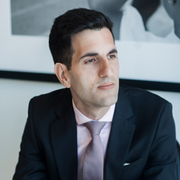
– Paul Salvatori is a Toronto-based journalist, community worker and artist. Much of his work on Palestine involves public education, such as through his recently created interview series, “Palestine in Perspective” (The Dark Room Podcast), where he speaks with writers, scholars and activists. He contributed this article to The Palestine Chronicle.


